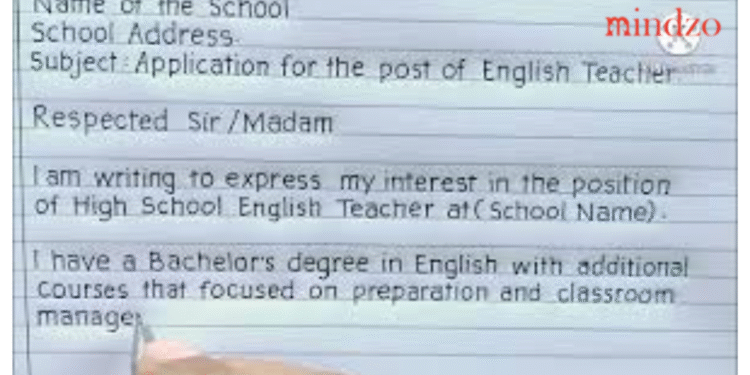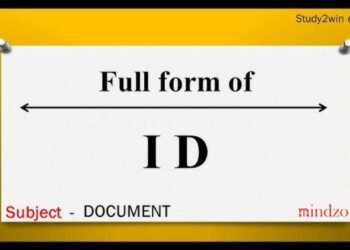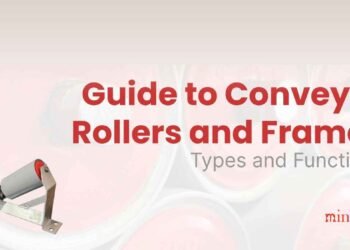1. Why Use Literature or Movie Examples?
A good narrative is loved by all. Additionally, we may all relate to stories in movies or literature. An emotional bond is formed when you make reference to a character or plot that influenced or inspired you. It demonstrates your consideration, creativity, and willingness to think creatively. Book Examples in Your Cover Letter
2. Making Your Cover Letter Personal
The purpose of using these examples is to share a bit of yourself, not to demonstrate your movie trivia prowess. It should be true to who you are, much like your favorite passage from a book. People, not robots, are what employers seek. A well-placed pop culture reference makes your letter more “you.” Utilize Examples from Books and Movies in Your Cover Letter
Example:
“Like Katniss Everdeen in The Hunger Games, I’m driven by purpose and protectiveness—qualities I’ve brought into every team I’ve led.”
See how saying “I’m a team player” isn’t as memorable as that?
3. The Power of Storytelling
Stories are more memorable to humans than facts. For this reason, narratives are used in commercials. Your cover letter should, too. Employing managers are more likely to remember you if you frame your skills with a narrative hook, such as Elle Woods’ resolve in Legally Blonde or Frodo’s adventure. Use Movie & Book Examples in Your Cover Letter
4. Choosing the Right Character or Scene
You don’t have to be a movie or book enthusiast. Simply recall a moment or figure that exemplifies your behavior under duress or your teamwork. Make sure it represents your strengths and is someone your reader will probably recognize.
Advice: Choose characters who exhibit qualities like empathy, leadership, inventiveness, or tenacity.
5. Keeping It Relevant to the Job
Even if you’re a huge fan of The Matrix, Neo’s journey might not seem appropriate unless you’re applying for a job in technology or innovation. Make your references relevant to the position. You may use someone like Amélie from the movie of the same name for a creative role. Perhaps Suits’ Harvey Specter for a business role.
Consider this: Does this reference provide insight into my methods of operation?
6. Using Quotes Wisely
When utilized carefully, a quote can have great impact. Don’t go overboard or choose anything too generic or common. Although it may seem nice, a statement like “With great power comes great responsibility” has been overused.
Try this instead:
“According to Atticus Finch in To Kill a Mockingbird, ‘You never really understand a person until you consider things from his point of view.'” My approach to managing customer relationships has been influenced by this idea.
7. Examples that Impress (And Why)
Here are some examples of characters and what they can emphasize:
Hermione Granger (Harry Potter): a smart, hardworking, and cooperative person.
Rocky Balboa (Rocky): tenacity and determination.
Elizabeth Bennet (Pride and Prejudice): self-assurance and self-reliance.
The Shawshank Redemption’s Andy Dufresne: hope, patience, and strategic thinking.
Miranda Priestly (The Devil Wears Prada): Leadership (for higher positions) and high standards.
When employed properly, these characters convey a lot about your professional strengths in addition to providing entertainment.
8. Avoiding Overused References
Not all references to popular culture are successful. Some are very cliched. Everyone is aware of Batman’s troubled past or Tony Stark’s brilliance. Superheroes should be avoided unless you have a distinct perspective.
Additionally, unless you are certain the recruiter will receive the reference, stay away from contentious or highly specialized material.
9. Making the Connection Clear
You can’t simply mention a character by name and go on. You must give a reason.
Example of Bad Behavior: “I admire Iron Man.”
A Better Example: “Like Tony Stark, I believe in using creativity and innovation to solve problems others shy away from.”
Make sure there is a clear and straightforward link between the character’s trait and your own ability.
10. Formatting and Placement
Where should your citation be included?
Top locations:
For an attention-grabbing hook, use the opening paragraph.
When providing an example to support a strength, use the body paragraph.
final paragraph—as a memorable conclusion.
Don’t force it, though. Use it if it comes naturally. Otherwise, omit it.
11. Common Mistakes to Avoid
- Being overly ambiguous. “I’m similar to Sherlock Holmes.” In what way?
- exaggerating. Don’t give a synopsis of the complete book or film.
- mentioning names without any context. A quality that is essential to the role should be reflected in the character.
- selecting personalities who are controversial or unknown. Be relatable and professional at the same time.
12. Sample Cover Letter Snippets
Here are some illustrations of how to accomplish this:
The Opening Statement:
“Ever since I watched Hidden Figures, I’ve been inspired by Katherine Johnson’s analytical mind and calm under pressure—qualities I’ve developed in my data analyst role over the past five years.”
Highlight of skill:
“Much like Lisbeth Salander in The Girl with the Dragon Tattoo, I dive deep into systems and data, uncovering insights others often miss.”
Conclusion:
“Like Samwise Gamgee, I believe loyalty and quiet strength often go unnoticed, yet they’re the backbone of any successful project team.”
13. When Not to Use Pop Culture References
Less is more in certain situations. Steer clear of references when:
The corporate culture appears to be somewhat formal.
A more conventional or somber tone is necessary for the job (law, finance).
You’re not sure whether the reference will be understood by the hiring manager.
In certain situations, limit yourself to simple examples from your professional background.
14. Final Thoughts: Be Bold, But Be You
Adding a movie or book reference to your cover letter is similar to seasoning a dish. If it’s too tiny, nobody notices. It overwhelms when there is too much. However, the correct amount can add distinction and memorability to your text.
So feel free to use Dumbledore’s quote, Erin Brockovich’s persona, or Black Panther as a source of inspiration. Just make sure your story—and no one else’s—is told.
15. FAQs
1. Can I use movie or book references in any cover letter?
Yes, but only if it is organic and consistent with the job type and corporate culture. Be careful when applying for official positions.
2. How many references should I include?
Stick to one strong example. Two at most. Any more, and it starts to look gimmicky.
3. What if the recruiter doesn’t know the reference?
Choose well-known figures and briefly describe their characteristics. Unless it is related to your job, don’t rely on obscure references.
4. Should I mention the title of the book or movie?
Yes! It adds context. Just mention it briefly and focus more on the character’s qualities than the plot.
5. Can I use a quote even if I paraphrase it?
Absolutely. Just make sure the essence of the quote supports your point, and don’t make up fake quotes.




















